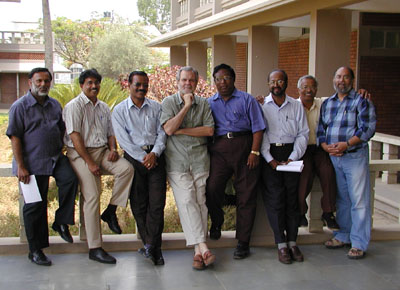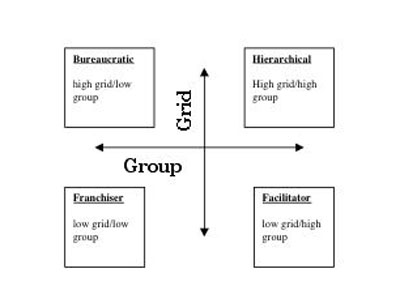 This past month I taught at the South Asian Institute for Advanced Christian Studies (SAIACS). As a consultant I work in different training environments and SAIACS asked me to teach a doctoral class in cultural anthropology. As I’ve stated before, my training focus is with the people of the future, its leadership. Eight men, most of them holding significant positions in their own denominations or non-profit organization, were in this special class.
This past month I taught at the South Asian Institute for Advanced Christian Studies (SAIACS). As a consultant I work in different training environments and SAIACS asked me to teach a doctoral class in cultural anthropology. As I’ve stated before, my training focus is with the people of the future, its leadership. Eight men, most of them holding significant positions in their own denominations or non-profit organization, were in this special class.Because of time constraints and because of the makeup of the group, I did not teach my standard course. Instead, we had a one-week workshop analyzing their organizational workplace environment. Using anthropologist Mary Douglas’ grid and group social theory model (Cultural Bias 1982), they worked to identify if their organization were franchiser, bureaucratic, hierarchical or facilitator. I was not surprised with the outcome. Seven out of the eight work in a high grid/high group hierarchical work environment. The odd man out is a guy who has his own consulting business and he, like myself, works as a low grid/low group franchiser.

At the end of the analysis the question is always, “So what? What good is it?" That’s a bottom line question for everything we do in life. It’s one thing to understand what happens, it’s entirely a different matter to know why things happen and, even more importantly, what to do with the findings. So how does this workshop help in planting churches or reaching the world with the message of Christ? It’s through, as my friend Sherwood Lingenfelter (Transforming Culture 1998) says, finding transformation principles.
Organizations are often ineffective and inefficient because they function within the boundaries of their cultural prescriptions, but they do not operate with Kingdom principles. The organizations that are hierarchical are notoriously closed to outsiders, to innovation, as well as sound discipleship principles. There are no “ideal” or “biblical” structures, though Americans are forever trying to make other cultures operate as franchiser’s or facilitator’s, because that is how they function. All work place environments need Kingdom transformation if the goal is to grow and be an effective witness.
Confused? So were my students, at the beginning. But as they grew in their understanding of how systems work, they saw how God can use them and their work place environment for greater impact when they apply the scriptural principle, “Be not conformed to this world, but be transformed by the renewing of your mind. Then you will be able to test and approve what God's will is - his good, pleasing and perfect will” (Romans 12:2,3). As a cross-cultural worker my role is not to change culture or organizations, but help people see how they, corporately and individually, can be transformed to serve Him better. My belief is that when people and work place environments are transformed, the foundation for people movements and, ultimately the transformation of a nation, are in place.

